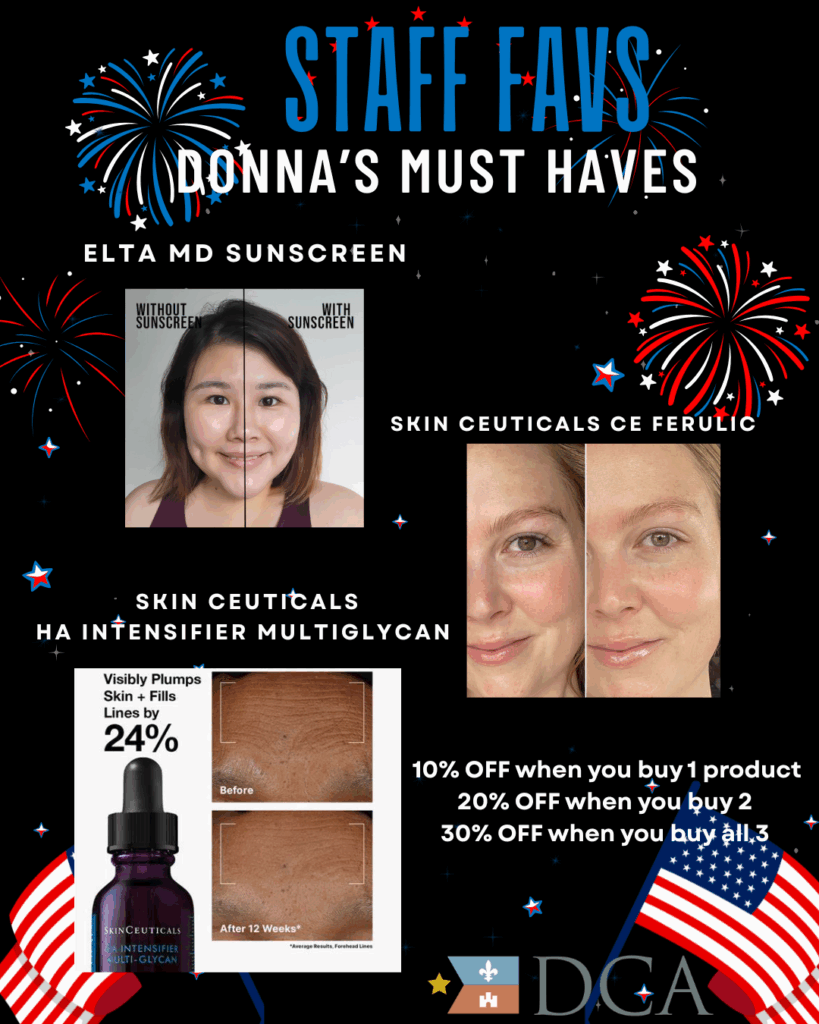According to the National Eczema Association, nearly 30 million Americans have some type of eczema. However, sharing a condition in common with so many other people doesn’t make it any less frustrating when a serious flare up threatens to derail your everyday life.
Though individual cases vary in severity, most people who have eczema suffer from red, dry, itchy, irritated skin during a flare. But what causes eczema to flare up? And from there what kind of treatment options are available? This article will provide a brief overview of the condition, some common irritants as well as popular, effective treatment solutions.
What Is Eczema?
Eczema is basically a catch-all term for dermatitis, which is used to describe any inflammation of the skin. Eczema most commonly refers to atopic dermatitis which usually entails itchy, irritated, inflamed, red patches that can commonly manifest on the hands, feet, behind the knees, inner elbows, or neck.
There are a few different types of eczema:
-
Atopic dermatitis
-
Contact dermatitis
-
Dyshidrotic eczema
-
Nummular eczema
-
Seborrheic dermatitis
-
Stasis dermatitis
Atopic dermatitis is common among young children, developing on the cheeks, arms and legs. Location and symptoms can vary from child to child. Though it often fades away over time, it’s not uncommon for eczema to carry into adulthood and even develop among adults who had no previous symptoms.
Eczema in most cases is caused by a genetic predisposition that can be brought out by certain environmental triggers. It is not contagious and can’t be contracted from a particular source or another person.
Flare ups can entail severe itching which leads to swelling, bleeding/oozing, inflammation and more sensitive skin. Severity of symptoms can vary from individual to individual.
What Causes Eczema to Flare Up?
Dealing with a condition that has such an ambiguous cause can be frustrating. But over time, and with help from your dermatologist, you can narrow down the type of eczema causing you trouble. And from there, it may be easier to identify and manage potential triggers.
No two people are alike. The same concept goes for triggers that can cause your eczema to flare up. But knowing what irritants affect your eczema can drastically affect how you approach treatment.
Some common triggers and irritants that can cause eczema to flare up include:
-
Chemicals in certain cleaning supplies
-
Perfumes, air fresheners, and scented candles
-
Cigarette smoke
-
Hot water
-
Extensive sun exposure and/or sunscreen
-
Clothing like wool, nylon, polyester, or rayon (along with any dyes or wrinkle prevention chemicals)
-
Detergents, soaps, shampoos
-
Stress
-
General allergens (pollen, dust, pet dander, mold, etc.)
-
Certain foods like peanuts, milk, soy, wheat, fish, and eggs
-
Dry air
-
Sweat
-
Drool/Saliva (for babies and young children)
-
Other skin infections
Again, with so many possible trigger culprits, it may take time for you to truly identify what’s causing your eczema to flare up. Just be patient, keep close records of your daily choices (especially around a flare up), and talk to your dermatologist. A proper diagnosis and process of elimination should help you identify and manage triggers and irritants.
Treatments
Unfortunately eczema cannot be “cured.” But millions of people manage their symptoms to the point where it doesn’t affect their life on a regular basis. For some people, once triggers are identified it’s simply a matter of properly managing specific situations.
For instance, you may need to wear gloves or protective clothing when cleaning your home requires the use of cleaning chemicals that are also irritants. Showers might need to be shortened or mostly lukewarm water.
The National Eczema Association regularly updates a useful eczema product directory. It’s helpful in determining which specific products have been deemed “safe” to use on a regular basis.
Proper Routines
Make sure all clothing is properly washed before wearing, and stick to breathable materials like cotton to avoid profuse sweating. That goes for sun exposure and exercise as well. Stress management is a common part of eczema treatment for many people.
And while taking a stroll in the sun or a rigorous exercise routine can be great stress reducers, proper hydration and allowing your skin to breathe will help you avoid sweaty, sticky clothes that can cause further irritation.
Most importantly, establish a strong, regular skincare routine. The best way to keep your skin properly hydrated is to bathe regularly with a mild soap and use a daily moisturizer. Just be sure to avoid any heavily scented soaps and creams. Stick with medicated moisturizers and simple cleansers.
Topicals
One of the big rules of eczema is to avoid scratching at all costs. It only makes the irritation worse and brings relief in the very short term. Fortunately, there are plenty of topicals (both over the counter and stronger, prescription-based products), that can help provide relief.
Common, effective topical treatments that are available over the counter include:
-
Cetaphil Gentle Skin Clenaser
-
Cetaphil Moisturizing Cream
-
1% hydrocortisone cream
-
Sarna lotion
In more serious cases, prescription treatments may be necessary and helpful. Topical steroids are commonly used to treat eczema, as they can reduce inflammation and ease any redness and itching enough to allow the skin to heal.
However the strength of the steroid can vary greatly. And depending on what area of your body is affected will depend on the strength and amount of topical steroid to use. Steroids are powerful treatment options, but should only be used under the supervision and direction of your dermatologist. In more severe cases, pills or injections may be needed to treat eczema adequately.
If you have questions about what treatment option may be best for you, reach out to us at the Dermatology Center of Acadiana today and schedule an appointment! Every individual and situation is different, and the best way to get a better feel for what will be most effective for you is to consult with an expert.

